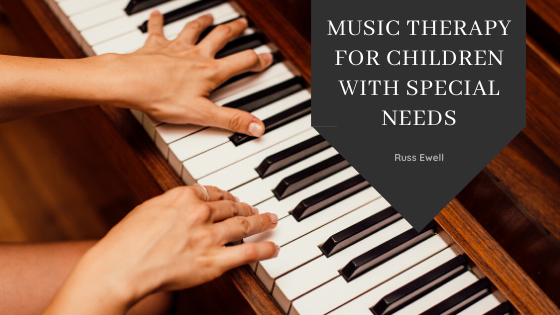Modern research has been demonstrating many positive effects of music for children with special needs. Some therapists are specially trained in utilizing these tools to help their clients increase focus, regulate emotions, increase social abilities, and improve motor skills.
Benefits of music
Improved social interaction
Music therapy or music classes often include collaboration and exchanging instruments and melodies. This type of interaction can be beneficial for children trying to improve social skills. It can also provide positive self-expression and encourage experiences that improve self-worth. For children with Autism Spectrum Disorder, musical therapy and group music lessons have been shown to produce more diverse emotional expression and social interaction than similar experiences that were non-musical.
Benefits for emotional regulation
For students with ADD or ADHD, music can alleviate symptoms like loss of attention and difficult impulse control. In addition, music has been shown to reduce stress levels which can be a significant factor for many students with special needs.
Sensory-motor skills
Any kind of music creation includes precise movements coordinated with accurate listening. These activities can promote motor skills and sensory-motor coordination. In addition, music can have significant benefits for people with cerebral palsy including reduced muscular tension and increased alertness and dexterity.
Musical therapy types
Music education
While not formally a type of musical therapy, music education can have many of the above-listed benefits. Musical education comes in two main forms: one-on-one music lessons and music classes in a group. Music lessons tend to be focused on teaching musical skills with an instrument and may provide fewer therapeutic benefits than other options. Music classes are offered at most public or private schools as well as many non-profits. These classes can have many social benefits but tend to have less quality musical instruction than one-on-one lessons and may have less therapeutic benefits than working with someone specially trained in the field.
Musical therapists
Musical therapists are specially trained in musical interventions with demonstrated therapeutic benefits. They can work with you to identify specific objectives for your child and develop a plan to achieve those results. They often work with school systems or other childcare programs or in client homes.
